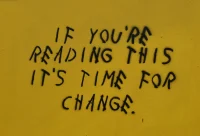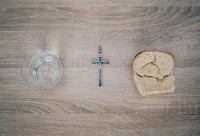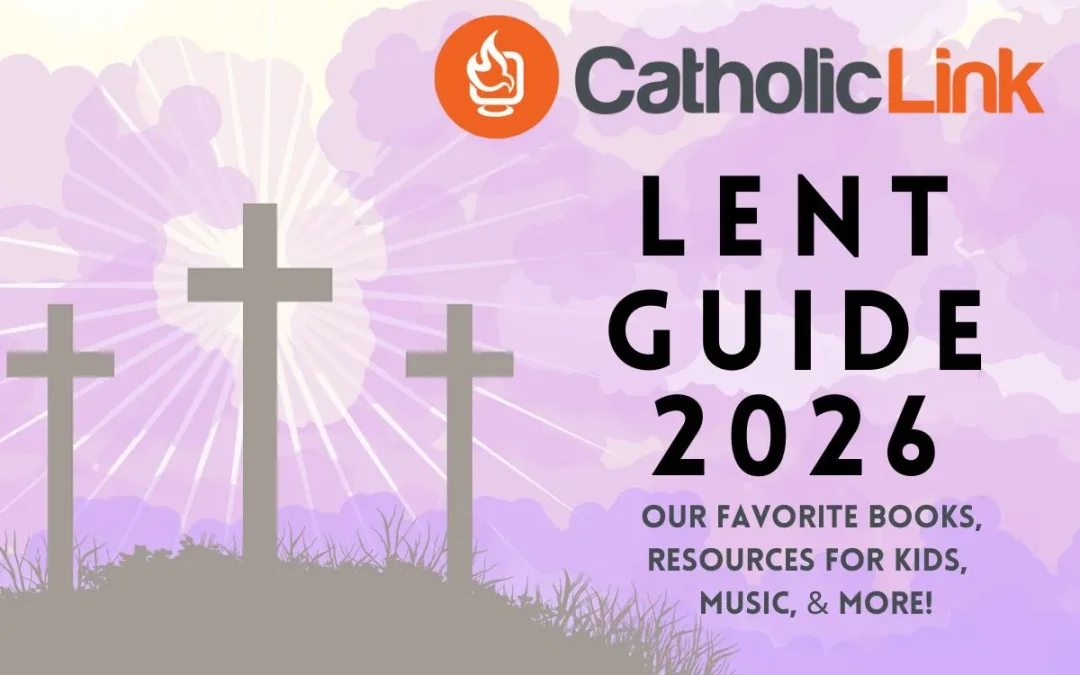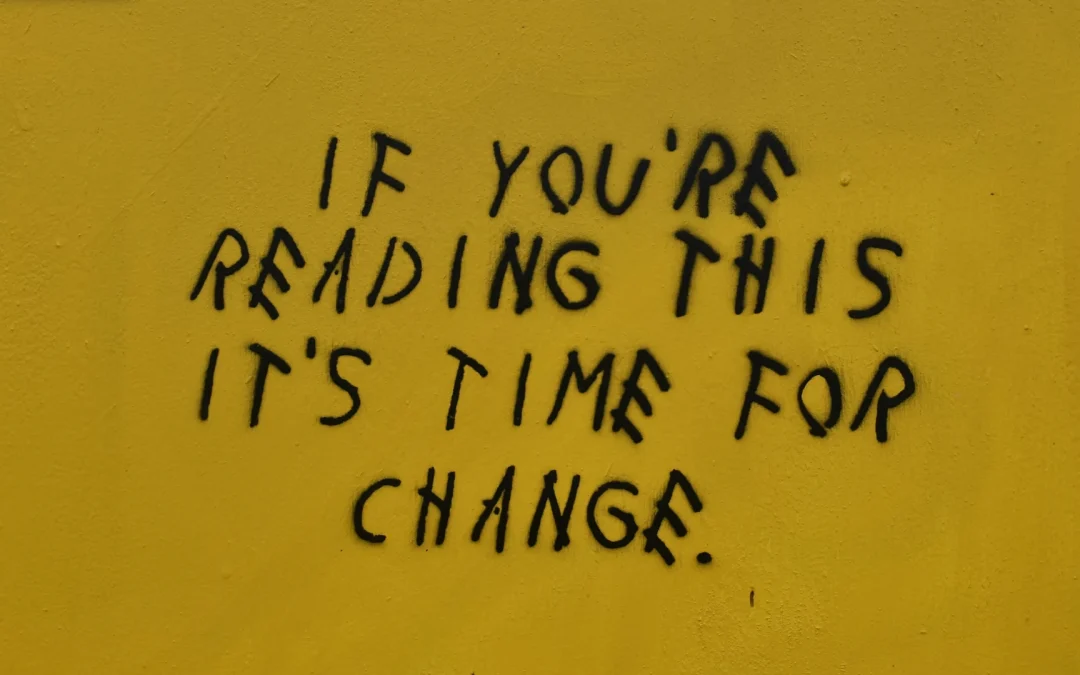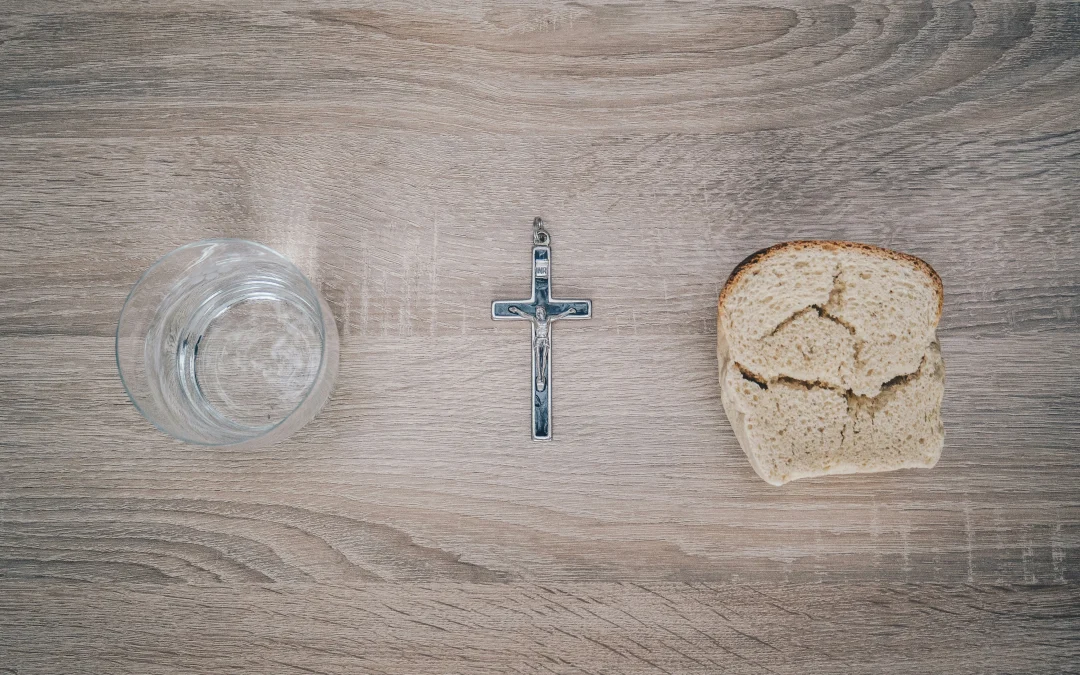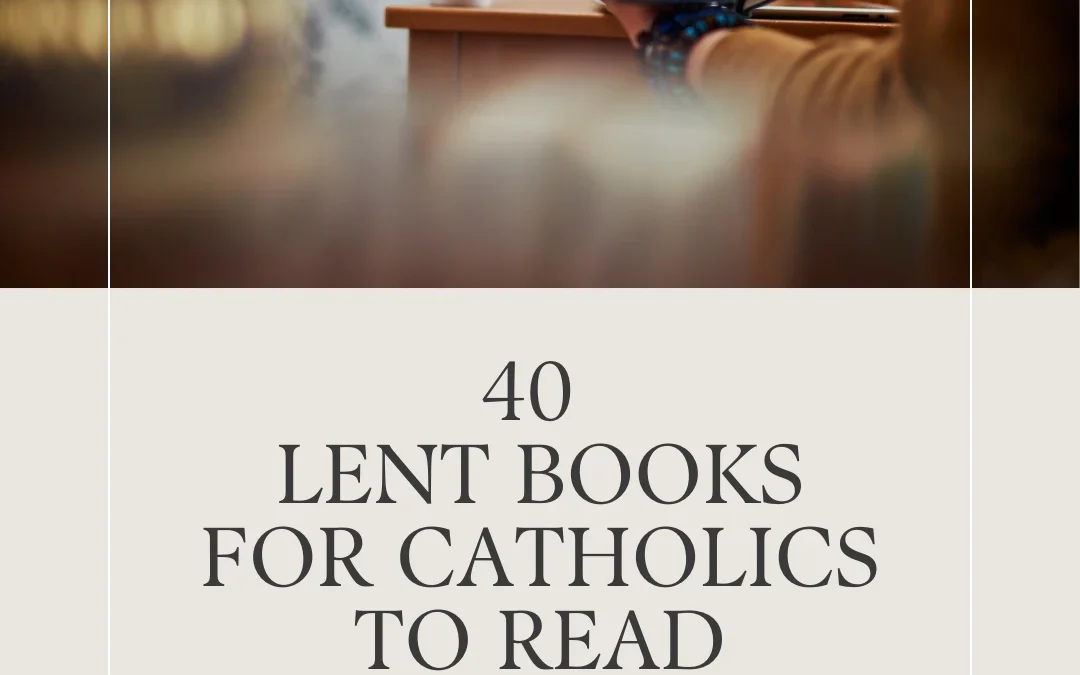One of the most challenging things to communicate to young people about the moral life is the manner in which our actions have larger implications than we could have ever envisioned. Understanding this “law of unintended consequences” requires a great deal of imagination.
Perhaps one of the most underappreciated aspects of the spiritual life is the importance of using our imagination in the service of of virtue. In other words, when we play out the consequences of our actions in our imagination it can often help assist us to “discern spirits” (much like Ignatian spirituality). Yet this is true not only for the bad things, but for the good as well. We celebrate the imagination of children, of novelists and artists, but what about its role in the moral and spiritual life?
The ultimate problem with the moral life comes down to this: sin seems to be extremely generous up front, but robs us blind on the back end, while virtue is initially a bit like working pro bono, it pays us nothing up front, but it pays handsomely on the back end.
Consequently, I present the following commercials as a kind of imaginative effort to illustrate and illuminate what is most challenging and subtle about the moral life. My hope is that both ads provide encouragement to the reader in efforts to recognize the consequences and trajectory of our actions, and how their implications are often much larger than we could have imagined.
The first commercial is derived from DirecTV. The memorable tag-line, as you may recall, is “Don’t end up in a roadside ditch.”
https://www.youtube.com/watch?v=hpwlh1yl054;
While the moral culpability of the gentleman in this ad may be negligible (or so it would seem), the larger point is still valid. Our actions have a domino effect well beyond our original intentions. The consequence of one misdeed (or attempted shortcut), can be cosmic in its implications. Try as we might to quarantine them, our actions take on a life of our their own, and they can literally come back to haunt us. We can see this occur in a personal sense with our sins, but also in a generational sense as well (see commercial below).
https://www.youtube.com/watch?v=U9XUHi_LinQ;
Obviously I do not consider the failure to purchase DirecTV to be a sin, but I do believe that the instinct of this advertisement is quite right (at least in this very specific sense). Vices never happen in a vacuum. And they not only affect our own fate, but those with whom we interact as well.
The next ad campaign which lends insight into the moral life is a recent State Farm advertisement. In this case the insight is a bit more positive. Yes, sin has a cumulative effect, and like karma there is nothing that you put out into the universe that won’t (in some fashion) come back to you. You must “pay every last penny” of your debts. Depressing, no?
However, there are also many moments in the moral life that seem initially off-putting, something otherwise to be avoided. Indeed, this is perhaps the best argument for immorality: not that goodness isn’t reasonable or justifiable, or even beautiful, but rather that goodness is too difficult, and thus rationalization is preferable to bravery. If bravery exists at all, it is a one-off thing, not something that you must build towards day in and day out.
The following commercial recognizes something quite subtle about the moral life, the notion that the virtue- in the most mysterious sense- gets harder and harder, and then mysteriously just when you think can’t make it anymore, you become inexplicably invigorated by it. One might compare it to getting a second wind in a race (appropriate when you think about Pentecost). It seems counterintuitive, but when you consider what our faith teaches about the logic of the resurrection it begins to make a lot of sense.
https://www.youtube.com/watch?v=O1Z91YkPatw
At the risk of sounding maudlin, love and sacrifice open us up to a new horizon of generosity. The super manicured, hyper-controlled existence that we may have originally envisioned begins to dissolve away when confronted with this higher sense of beauty and goodness. At first when we sacrifice, we say “I will do this… but only this”. Yet the more we give our bodies to that love, and the deeper we enter into it, the more irresistible it becomes.
The two ad campaigns are a depiction of the moral life going in opposite directions. Our actions have power, and they can be deadly in ways that defy our initial intentions. Yet in the positive sense the moral life can lead you to wonderful surprises, a lifestyle that also defies our intentions… but in the best possible sense. In any case, if there are going to be surprises that defy our original intuitions let them at least be holy surprises!
Discussion Questions
1. How might these two advertisements help explain in a very practical way God’s “blessings and curses” as they relate to Chapter 20 of Exodus?
2. Name some instances in your own life (or the lives of others) where you have seen this “roadside ditch” scenario play out.
3. Name some instances in your own life where you have fought vigorously to avoid doing some new/good thing, and when you did (much to your surprise) it turned out to be an incredible blessing.
4. In the post it says that vice is “…very generous up front, but robs you on the back end”, what exactly does the author mean? What does it mean to say that virtue is like doing pro bono work in the beginning?
5. There is an old expression; “No good deed goes unpunished.” In other words, how would you reconcile the fact that sometimes you can do the right thing and end up in a “roadside ditch,” while the wrongdoer may seem relatively unsacathed and contented?
- 7 Deadly Sins: Is Busyness A Form Of Sloth?https://www.facebook.com/catholiclink.org/ Pinterest Gmail LinkedIn Print Friendly Everyone seems to be doing something all the time. On one end of the spectrum, you have hustle culture, the “grindset,” calendar creep. On the other end, you’ve got gaming culture, binge-watching, and the infinite scroll. Maybe it’s just a little revenge bedtime procrastination, staying up late for some… Read more: 7 Deadly Sins: Is Busyness A Form Of Sloth?
- 3 Things You Need To Use Lent As A Time Of Conversion According To Pope Leo XIVhttps://www.facebook.com/catholiclink.org/ Pinterest Gmail LinkedIn Print Friendly Listening: “making room for the word through listening.” Our God is one who seeks to involve us. Even today he shares with us what is in his heart. Because of this, listening to the word in the liturgy teaches us to listen to the truth of reality. In the midst… Read more: 3 Things You Need To Use Lent As A Time Of Conversion According To Pope Leo XIV
- Lent Is A Journey Of Surrender For Body And Soul | Cruxhttps://www.facebook.com/catholiclink.org/ Pinterest Gmail LinkedIn Print Friendly
- Conversion Stories Through The Rosary: Saved By Beads!https://www.facebook.com/catholiclink.org/ Pinterest Gmail LinkedIn Print Friendly The Rosary has been called many things – ‘Gospel on a string’, ‘weapon of mass conversion’, ‘beads that save.’ In a simple and yet beautiful way, we can connect to Momma Mary. By reciting the prayers, we can enter into a relationship with her, and that relationship can lead… Read more: Conversion Stories Through The Rosary: Saved By Beads!
- The Liturgy And The Law Share The Same Source And Purpose | Reflection For The 6th Sunday In Ordinary Timehttps://www.facebook.com/catholiclink.org/ Pinterest Gmail LinkedIn Print Friendly This reflection is an excerpt from The Liturgical Sense of the Readings at Mass (Year A). Click here to purchase! 6th Sunday in Ordinary Time — Year A First Reading: Sirach 15:15–20Responsorial Psalm: Psalm 119:1–2, 4–5, 17–18, 33–34Second Reading: 1 Corinthians 2:6–10Gospel Acclamation: cf. Matthew 11:25Gospel Reading: Matthew 5:17–37… Read more: The Liturgy And The Law Share The Same Source And Purpose | Reflection For The 6th Sunday In Ordinary Time



